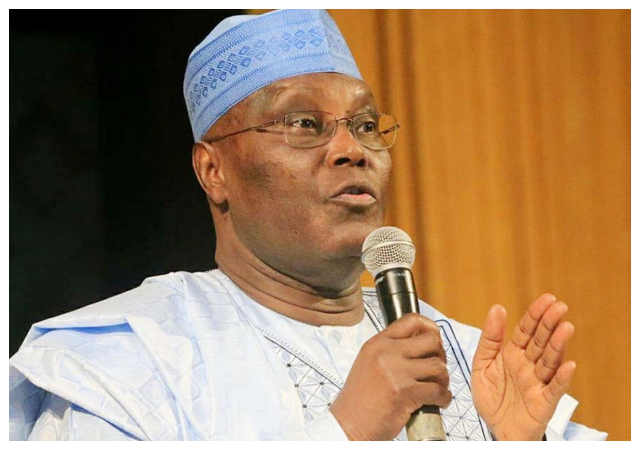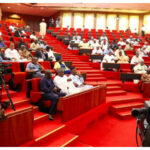
The People’s Democratic Party’s (PDP) presidential candidate for the 2023 election Atiku Abubakar has raised concerns over GlaxoSmithKline (GSK), a pharmaceutical company, plans to leave Nigeria.
According to Gistlover, GSK was established in Nigeria in June 1971 and began operations in 1972, meaning that it has been doing business there for about 51 years.
Frederick Ichekwai, the company’s secretary, informed the Nigerian Stock Exchange of the company’s intention to cease operations in Nigeria in a statement on Thursday.
The business also stated that it would stop manufacturing vaccines and prescription medications in Nigeria and instead switch to third-party direct distribution for its pharmaceutical goods there.
Atiku responded to the news by making a statement on his verified Twitter account, saying the pharmaceutical company’s intended exit was proof of how terrible the country has become for businesses.
The former vice president bemoaned the fact that things would only get worse and that Nigeria’s unemployment rate would rise, pointing out that many foreign companies were leaving the country because of the difficult business climate.
Thus, Atiku recommended that the government take additional steps to attract foreign investors, upgrade the nation’s infrastructure, and implement better fiscal and monetary policies.
He wrote: “The planned exit of GlaxoSmithKline (GSK) from Nigeria after more than five decades of doing business in Nigeria underscores how horrific the environment has become for both local and foreign businesses.
“Sadly, many international firms have, in recent times, sold their assets and bid farewell to Nigeria after several years of operating in our country.
“These exits have led to further loss of jobs in an environment that is already bleeding jobs. We need to do a lot more not only to encourage investors to make Nigeria their preferred destination but also to encourage companies already operating in our land not to ‘japa.
“To this end, we must revamp our infrastructure, endeavour to enthrone a sustainable regime of energy security and retool our fiscal and monetary policy.”





